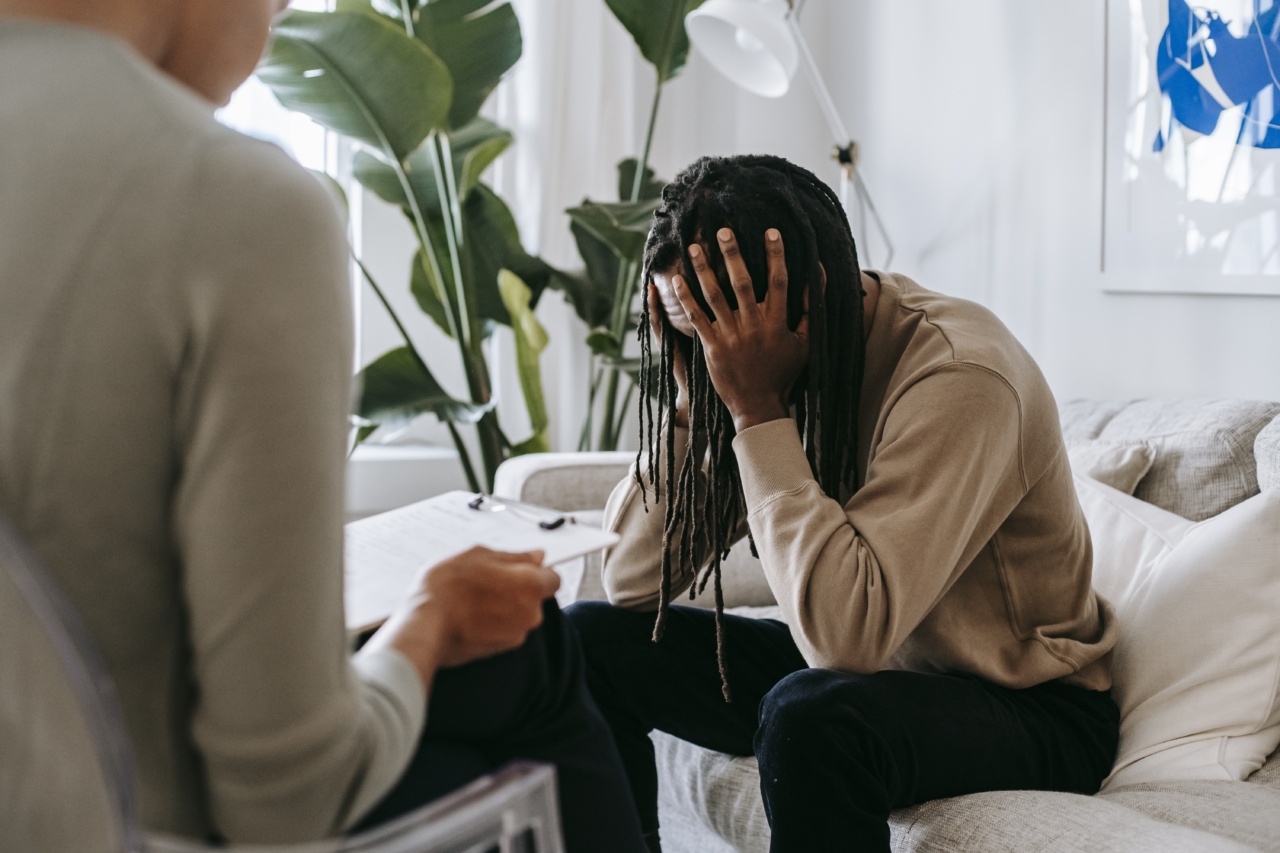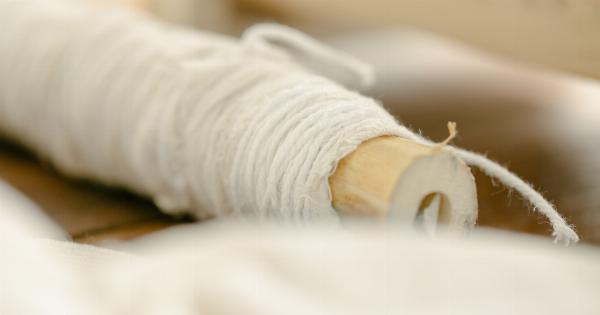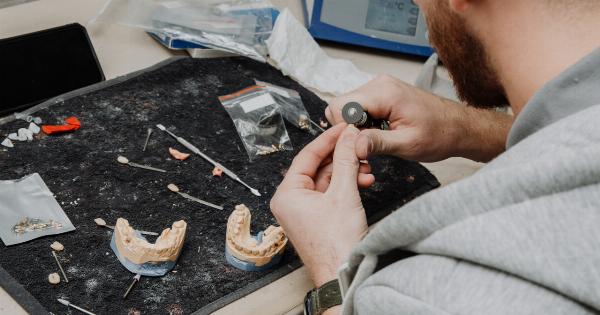Anxiety is a common mental health issue that affects millions of people worldwide, and women are twice as likely to be diagnosed with anxiety disorders compared to men.
It can significantly impact a woman’s quality of life, interfering with her personal relationships, work, and overall well-being. While traditional treatment options such as therapy and medication are effective for many individuals, some women prefer minimally invasive solutions that have fewer side effects and offer a more natural approach to managing anxiety.
1. Cognitive-Behavioral Therapy (CBT)
Cognitive-behavioral therapy is a widely recognized and effective treatment for anxiety. It focuses on identifying and challenging negative thinking patterns and behaviors that contribute to anxiety.
CBT helps individuals develop coping mechanisms, improve problem-solving skills, and change their response to anxiety-inducing situations. This therapy can be delivered in individual or group sessions and can be modified to meet each woman’s specific needs.
2. Mindfulness and Meditation
Mindfulness and meditation practices have gained popularity as effective tools for managing anxiety. These techniques involve focusing on the present moment, acknowledging and accepting one’s thoughts and feelings without judgment.
Regular practice of mindfulness and meditation can help reduce stress levels, improve emotional well-being, and promote relaxation. Women can use various techniques, such as breathing exercises, guided meditation apps, or attending mindfulness-based stress reduction programs.
3. Herbal Supplements
Herbal supplements have been used for centuries to promote relaxation and reduce anxiety symptoms. Some commonly used herbal supplements include valerian root, passionflower, chamomile, and lavender.
These supplements may be available in the form of teas, tinctures, or capsules. While scientific evidence on the efficacy of herbal supplements for anxiety is still limited, many women find them helpful as a complementary approach to traditional treatment methods.
4. Acupuncture
Acupuncture is an ancient Chinese practice that involves inserting thin needles into specific points on the body to restore the flow of energy. It is believed to balance the body’s energy and promote overall well-being.
Acupuncture has been shown to have a positive impact on anxiety symptoms and can help regulate stress hormones. Many women find acupuncture sessions calming and beneficial in managing anxiety.
5. Exercise and Physical Activity
Regular exercise and physical activity have numerous physical and mental health benefits, including reducing anxiety.
Engaging in activities such as walking, running, yoga, or dancing can help release endorphins, also known as “feel-good” hormones, which can improve mood and reduce anxiety symptoms. Exercise also provides a distraction from negative thoughts and promotes better sleep, both of which contribute to overall anxiety reduction.
6. Essential Oils
Aromatherapy using essential oils has been found to relieve stress and anxiety symptoms in some individuals.
Essential oils such as lavender, bergamot, chamomile, and ylang-ylang can be used in diffusers, added to bathwater, or applied topically with carrier oils. The calming scents of these essential oils can help induce relaxation and promote a sense of calmness, making them an attractive option for women seeking natural anxiety relief.
7. Dietary Changes
A healthy diet plays a vital role in managing anxiety.
Certain foods, such as those rich in omega-3 fatty acids (e.g., fatty fish, walnuts), magnesium (e.g., spinach, avocados), and probiotics (e.g., yogurt, kefir), have been associated with reducing anxiety symptoms. Avoiding or limiting the consumption of caffeine, alcohol, and processed foods can also help regulate mood and decrease anxiety levels.
Consulting with a nutritionist can provide more personalized recommendations for a balanced diet that supports mental well-being.
8. Journaling
Journaling is a simple yet effective practice that allows women to express their thoughts and emotions in a safe space. Writing down anxious thoughts can help clarify and organize them, reducing their intensity and impact on daily life.
Journaling can also help identify triggers and patterns, providing valuable insights into personal stressors and potential solutions. Women can choose between traditional pen and paper journaling or use digital platforms or apps specifically designed for reflective writing.
9. Support Groups and Therapy Apps
Virtual support groups and therapy apps have become increasingly popular, offering accessible and convenient options for women seeking mental health support.
These platforms provide a sense of community, allowing individuals to connect with others facing similar challenges. Support groups offer a space to share experiences, exchange coping strategies, and receive encouragement. Therapy apps often provide guided self-help programs, educational resources, and even remote counseling sessions.
10. Breathing Techniques
Various breathing techniques can help calm the body and mind during moments of anxiety. Deep breathing exercises, such as diaphragmatic breathing and box breathing, focus on slowing down the breath and activating the body’s relaxation response.
These techniques can be practiced anywhere and anytime, making them convenient tools for managing anxiety on the go.






























